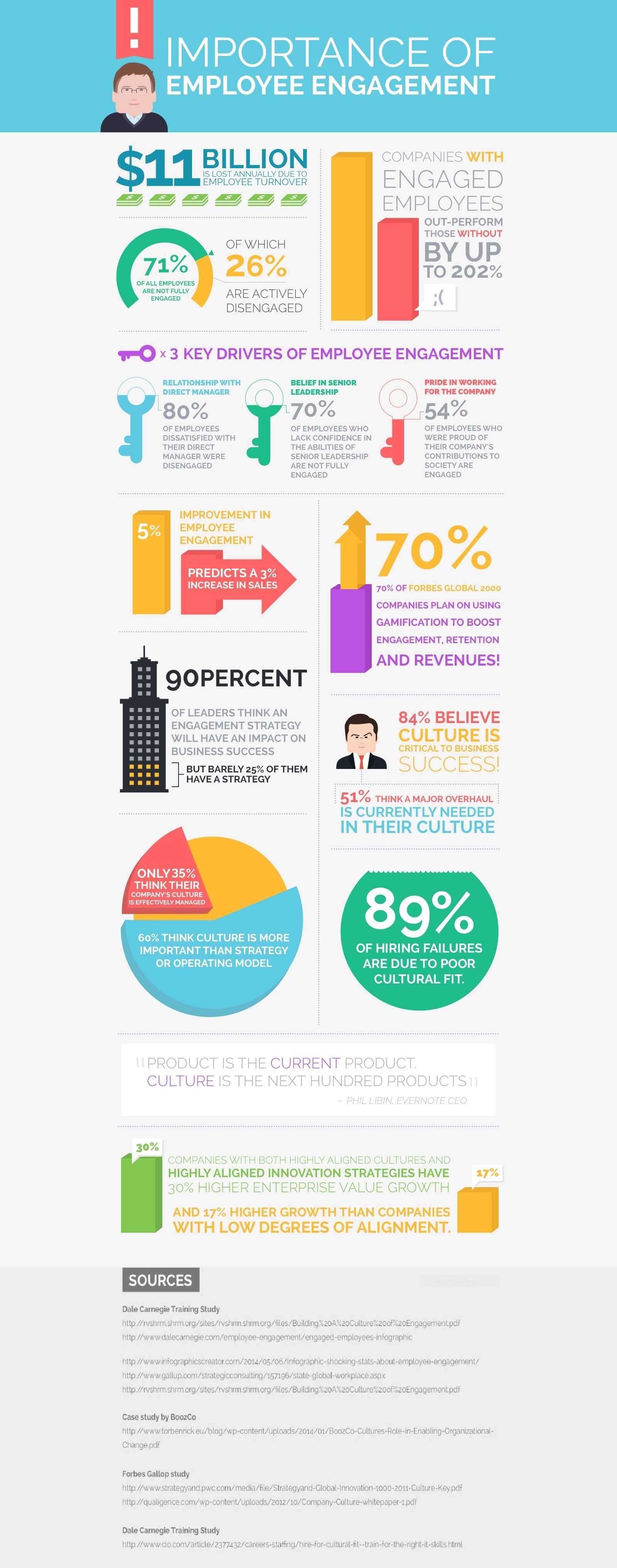“Emotional competence is the single most important personal quality that each of us must develop and access to experience a breakthrough.” – Doug Lennick, Former VP of American Express Financial Advisors
The link between EQ and leadership was also clear at PepsiCo. In a pilot project, executives selected for EQ competencies far outperformed their colleagues, delivering:
![]()
![]()
![]()
![]()
- High EQ sales people at L’Oreal brought in $2.5 million more in sales.
- An EQ initiative at Sheraton helped increase market share by 24%.
- The US Airforce is using EQ to screen pararescue jumpers to save $190 million.
Over 70% of the top issues in the workplace are tied to leadership, it’s no surprise that organizations are urgently looking for the cutting edge science that helps leaders understand how to work with and through their people.
In a recent study, when asked “What are the top issues you face at work?” leaders identified that 76% are on the people/relational side, and only 24% on the finance/technical side. Among these 135 respondents, a massive 89% identify EQ as “highly important” or “essential” to meeting their organizations’ top challenges.

“Executives who fail to develop self-awareness; risk falling into an emotionally deadening routine that threatens their true selves. Indeed a reluctance to explore your inner landscape not only weakens your own motivation but can also corrode your ability to inspire others.” – Harvard Business Review, “Breakthrough Ideas for Tomorrow’s Business Agenda,” April 2003

Teams with higher engagement are:
![]()
![]()
![]()
![]()
EQ skills affect climate – and climate affects performance; in one study, Hakan Ozcelik, Nancy Langton, Howard Aldrich, (2008) assessed 229 entrepreneurs and small business owners in Canada to see if they used emotionally intelligent behaviors in shaping the organizational climate. They followed up 18 months later, and leaders who created more positive climate had more revenue as well as increased growth.
In their landmark research of over two million working Americans, the Gallup team found only about 26% of employees are engaged (caring and committed). They identified three critical factors that predict if an employee is “engaged” – and engaged employees are 50% more likely to stay in their jobs. The three factors that inspire engagement:
- The employee feels cared for by their supervisor.
- They received recognition or praise during the past seven days from someone in a leadership position.
- They believe their employer is concerned about their development.



